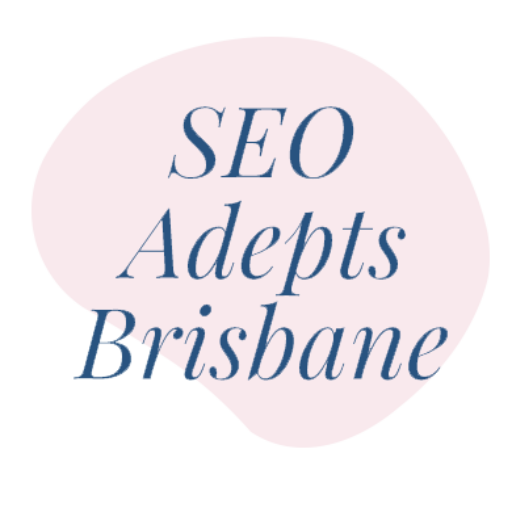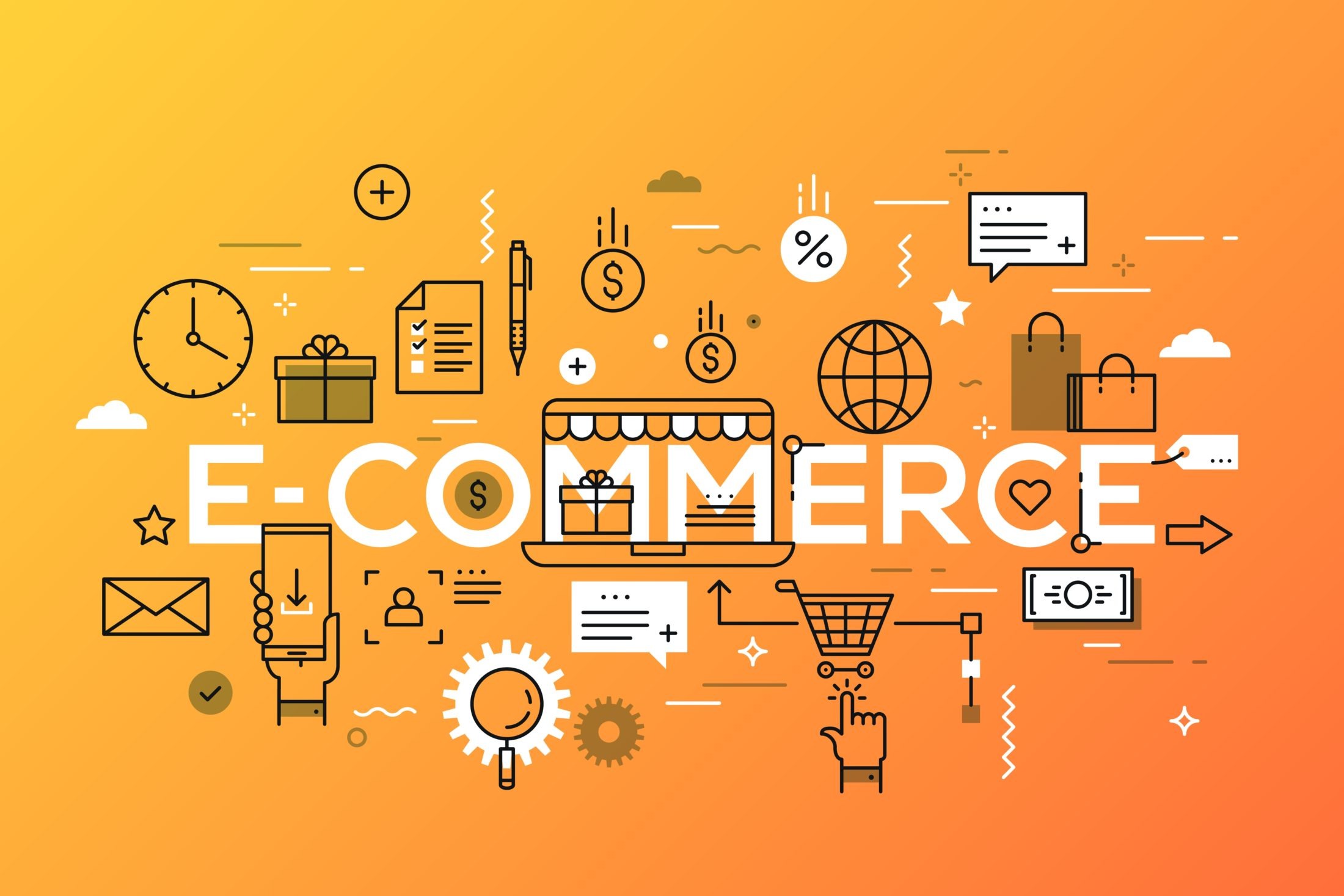Ecommerce marketing strategy can be a lot to handle, but it doesn’t have to be all consuming. If the proper tools and the right focus are in place, you will find that managing your ecommerce marketing is not as hard as it seems. Below, we’ve outlined the most critical components of an effective ecommerce marketing strategy so you can rest assured that your strategy is on the right track and that you’re able to guide it in the right direction.
Critical Components of an Ecommerce Marketing Strategy:
- Social Media
- Email Marketing
- Display Advertising
- Search Engine Optimization (SEO)
Social Media: Social media is a critical component of an ecommerce marketing strategy. If you’re not leveraging social media, you are really missing out on a large portion of your target audience. The following platforms can be used to help grow awareness for your brand and drive traffic to your site: Facebook, Twitter, Google+, YouTube, Pinterest, LinkedIn and Instagram. Some of the key benefits of social media include:
- Stronger relationships with current customers and greater brand loyalty
- Higher customer satisfaction, increased sales and increased revenue
- Rapid feedback on product development, design and marketing initiatives
Email Marketing: Email marketing is a cost-effective way to stay in touch with your customers and prospects, while also building brand awareness in Ecommerce marketing. There are many different types of email campaigns that you can run including product launch campaigns, holiday campaigns or even an email newsletter which you can use to share industry trends and news. The key benefit of email marketing is that it allows you to communicate directly with your audience and allows you to track the success of each campaign and if you need assistance , you can easily hire the E-commerce marketing companies.
Display Advertising: Display advertising is a great way to reach potential customers who may be browsing the Web, but not necessarily shopping for your products and services. It can be used as a branding tool or as a call to action that drives traffic back to your site. If you’re just starting out with display advertising, you should begin by setting up a few campaigns that are designed to mimic the success of your top performing pay-per-click or search engine marketing campaigns.
Search Engine Optimization (SEO) : SEO is a process that allows your site to rank highly in search engines for specific keyword phrases which have a high level of commercial intent. The higher your site ranks in search engine results, the more likely it is that you will be able to reach your target audience which should translate into greater traffic, awareness and ultimately conversions and it is also the important element of Ecommerce marketing.


